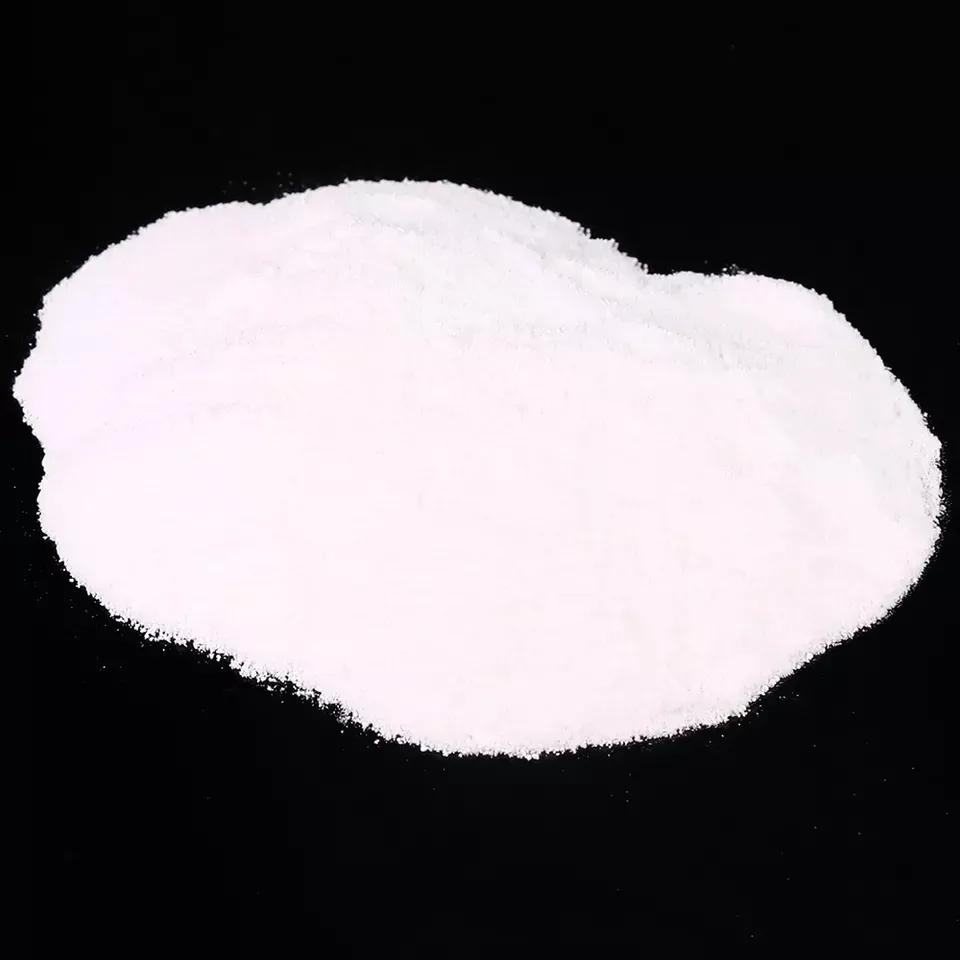Warning: Undefined array key "title" in /home/www/wwwroot/HTML/www.exportstart.com/wp-content/themes/1198/header.php on line 6
Warning: Undefined array key "file" in /home/www/wwwroot/HTML/www.exportstart.com/wp-content/themes/1198/header.php on line 7
Warning: Undefined array key "title" in /home/www/wwwroot/HTML/www.exportstart.com/wp-content/themes/1198/header.php on line 7
Warning: Undefined array key "title" in /home/www/wwwroot/HTML/www.exportstart.com/wp-content/themes/1198/header.php on line 7
- Afrikaans
- Albanian
- Amharic
- Arabic
- Armenian
- Azerbaijani
- Basque
- Belarusian
- Bengali
- Bosnian
- Bulgarian
- Catalan
- Cebuano
- China
- China (Taiwan)
- Corsican
- Croatian
- Czech
- Danish
- Dutch
- English
- Esperanto
- Estonian
- Finnish
- French
- Frisian
- Galician
- Georgian
- German
- Greek
- Gujarati
- Haitian Creole
- hausa
- hawaiian
- Hebrew
- Hindi
- Miao
- Hungarian
- Icelandic
- igbo
- Indonesian
- irish
- Italian
- Japanese
- Javanese
- Kannada
- kazakh
- Khmer
- Rwandese
- Korean
- Kurdish
- Kyrgyz
- Lao
- Latin
- Latvian
- Lithuanian
- Luxembourgish
- Macedonian
- Malgashi
- Malay
- Malayalam
- Maltese
- Maori
- Marathi
- Mongolian
- Myanmar
- Nepali
- Norwegian
- Norwegian
- Occitan
- Pashto
- Persian
- Polish
- Portuguese
- Punjabi
- Romanian
- Russian
- Samoan
- Scottish Gaelic
- Serbian
- Sesotho
- Shona
- Sindhi
- Sinhala
- Slovak
- Slovenian
- Somali
- Spanish
- Sundanese
- Swahili
- Swedish
- Tagalog
- Tajik
- Tamil
- Tatar
- Telugu
- Thai
- Turkish
- Turkmen
- Ukrainian
- Urdu
- Uighur
- Uzbek
- Vietnamese
- Welsh
- Bantu
- Yiddish
- Yoruba
- Zulu
Dec . 17, 2024 10:29 Back to list
Exploring the Benefits and Risks of Aspartame-Based Sweeteners in Modern Diets
Aspartame-Based Sweeteners An Overview
Aspartame, a low-calorie artificial sweetener, has garnered significant attention since its discovery in the 1960s. This synthetic compound is approximately 200 times sweeter than sucrose, making it a popular choice for food and beverage manufacturers aiming to provide sweetness without the calories associated with sugar. Today, aspartame is commonly found in a variety of products, from soft drinks to sugar-free desserts, and even in pharmaceutical formulations. In this article, we will explore the characteristics, safety, applications, and controversies surrounding aspartame-based sweeteners.
Chemical Composition and Characteristics
Aspartame is composed of two amino acids phenylalanine and aspartic acid, along with a methyl ester group. When ingested, aspartame breaks down into its constituent amino acids and methanol, substances that are naturally found in many foods. The sweetness of aspartame stems primarily from the amino acids in its structure, which stimulate the sweet receptors on our taste buds, creating a sweet sensation that can satisfy the cravings for sugar without the associated caloric load.
Advantages of Aspartame-Based Sweeteners
One of the primary advantages of aspartame is its caloric content. With only 4 calories per gram, aspartame is beneficial for individuals looking to reduce their calorie intake, particularly those managing obesity or diabetes. Additionally, the intense sweetness allows manufacturers to use smaller amounts of aspartame compared to traditional sugar, resulting in lower overall caloric consumption.
Moreover, aspartame does not cause the same rapid spikes in blood glucose levels that sugar does, making it a safe alternative for people with diabetes. It can be found in various “diet” products and has played a crucial role in helping consumers lead healthier lifestyles without sacrificing taste.
Safety and Regulatory Approval
aspartame based sweetener

Despite its popularity, aspartame has been the subject of controversy and debate regarding its safety. Numerous studies have investigated the potential health risks associated with aspartame consumption, including concerns ranging from headaches and allergic reactions to more serious health claims, such as links to cancer. However, extensive research conducted by organizations like the U.S. Food and Drug Administration (FDA), the European Food Safety Authority (EFSA), and the World Health Organization (WHO) has consistently reaffirmed the safety of aspartame when consumed within the established acceptable daily intake (ADI) levels.
For most people, consuming aspartame falls well below the safety thresholds set by these regulatory bodies. Nonetheless, individuals with phenylketonuria (PKU), a rare genetic disorder, must avoid aspartame due to their inability to metabolize phenylalanine, one of its components. Labeling requirements ensure that products containing aspartame are appropriately marked, offering consumers the necessary information to make safe dietary choices.
The Controversy Surrounding Aspartame
Despite the extensive regulatory endorsements, aspartame remains a point of contention for some consumers and health advocates. The rise of organic and “clean-label” products has led to a growing demand for natural sweeteners, which has coincided with a decline in the popularity of artificial sweeteners like aspartame. Critics argue that the long-term effects of consuming artificial sweeteners are not fully understood.
Moreover, social media and various health blogs have amplified myths and misconceptions surrounding aspartame, often leading to misinformation that can influence public perception. Advocates encourage consumers to conduct their research and rely on scientific studies from credible sources when it comes to dietary choices.
Conclusion
Aspartame-based sweeteners, particularly aspartame itself, continue to be a valuable component in the food and beverage industry, catering to a consumer base increasingly focused on health and low-calorie options. While the sweetener has faced scrutiny and debate over the years, robust scientific evidence supports its safety and efficacy when consumed within established guidelines. As the landscape of sweeteners evolves with changing consumer preferences and scientific advancements, aspartame remains a significant player, contributing to the ongoing dialogue about health, wellness, and dietary choices. With informed understanding and moderate consumption, aspartame can be a useful tool for those looking to manage their sweetness cravings without the calories.
Latest news
-
Certifications for Vegetarian and Xanthan Gum Vegetarian
NewsJun.17,2025
-
Sustainability Trends Reshaping the SLES N70 Market
NewsJun.17,2025
-
Propylene Glycol Use in Vaccines: Balancing Function and Perception
NewsJun.17,2025
-
Petroleum Jelly in Skincare: Balancing Benefits and Backlash
NewsJun.17,2025
-
Energy Price Volatility and Ripple Effect on Caprolactam Markets
NewsJun.17,2025
-
Spectroscopic Techniques for Adipic Acid Molecular Weight
NewsJun.17,2025

